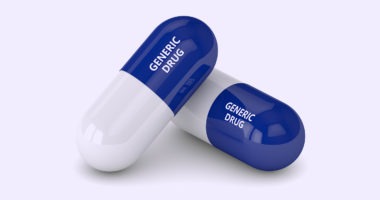FDA, Industry Experts Highlight Key Regulatory Changes at DCAT Week ’16
What are the major regulatory changes impacting active pharmaceutical ingredient (API) manufacturing and what is the business impact for pharmaceutical companies and their suppliers?
From changes relating to starting materials, to topical GMP inspection concerns, such as data integrity, to the upcoming re-authorization of the Generic Drug User Fee Amendments (GDUFA), the DCAT Week ’16 education program, GDUFA II and GMP API Inspection Trends: The Business Impact of Upcoming Regulatory Changes, provides insight from leading industry and regulatory experts on what should be on your radar.
The program, which will be held Tuesday March 15 from 1:00 to 3:30 PM, will feature a business impact debrief, provided by Frances Zipp, President & CEO, Lachman Consultants, who will provide a global regulatory debriefing on key recent and upcoming regulatory changes impacting active pharmaceutical ingredient (API) manufacturing and the pharmaceutical manufacturing value chain.
Plus, the US Food and Drug Administration (FDA) will provide a topical trend analysis for GMP inspections trends. Gain first-hand knowledge for the crucial issues drawing the attention of the agency in its inspection efforts in areas such as quality risk management, data integrity, and other concerns impacting API manufacturing.
In light of these issues, what are best practices that pharmaceutical companies, contract manufacturers, and suppliers can adapt to optimize external development and manufacturing? Robin Kumoluyi, Vice President & Global Head, Quality, Third Party Operations, Novartis Pharmaceuticals Corporation, offers perspective on best practices in supplier management and supplier oversight to help address these challenges.
Another key regulatory development ongoing in 2016 and coming to fruition in 2017 is the reauthorization of GDUFA. GDUFA is due for reauthorization in September 2017, and negotiations for GDUFA II are already underway. What has worked, what needs to be improved, and what changes may be on the horizon? Terri Nataline, J.D., Principal Consultant, Regulatory Practice, Lachman Consultants, provides the latest developments and what may be expected.
For information on this program, including how to register, may be found here.



